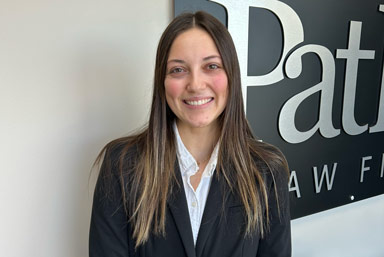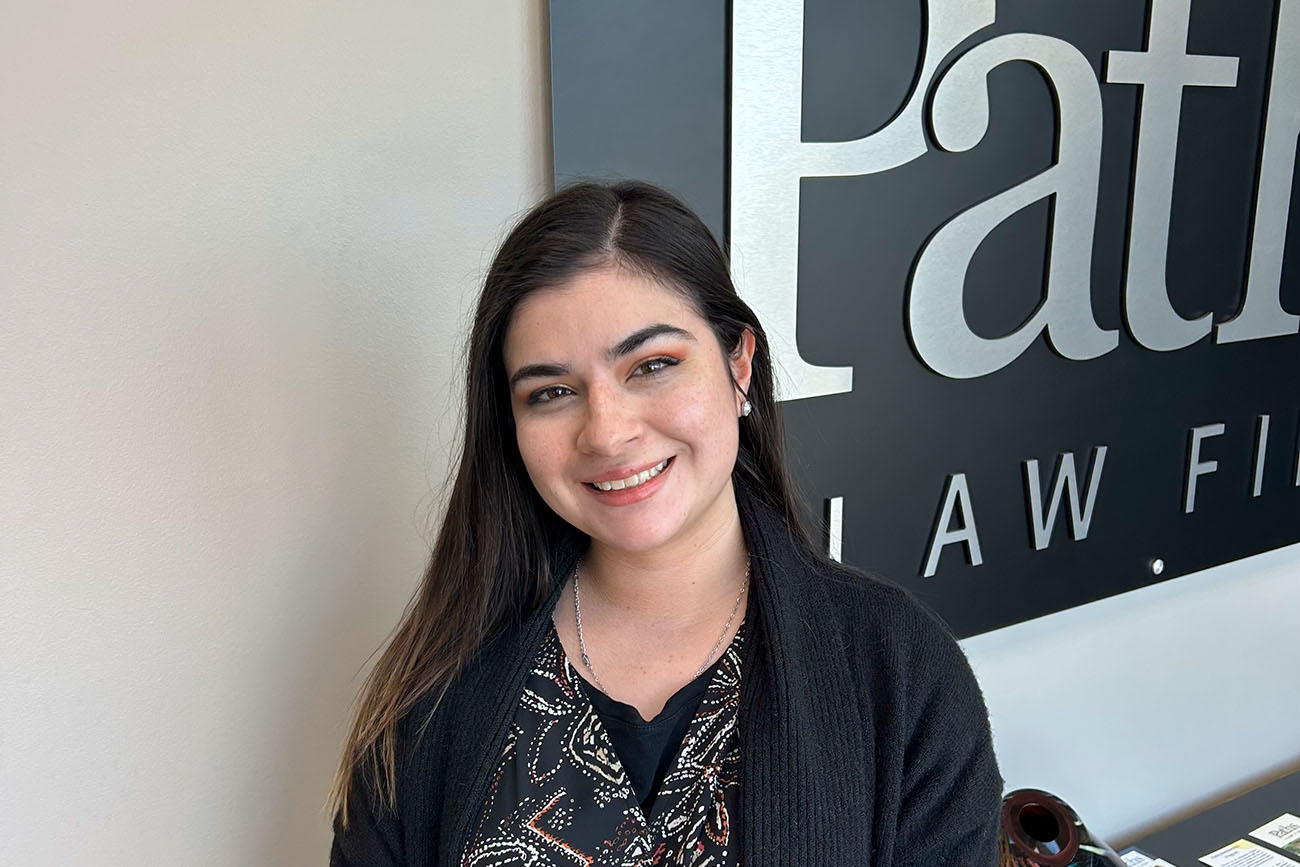Probate is the legal process of distributing the estate, property, or assets of someone who has died. This person is commonly known as the “deceased” or “decedent,” among his or her heirs. Probate of the estate will be required for assets for which probate of them is not avoided by planning before. It is important to know that the probate process can be long and expensive. Reasonable expectations are that the total process will take one year from when it is started and cost about five percent of the value of the estate. This is an estimate when there are no disputes; that can greatly increase both time and cost. However, with the help of an estate planning attorney who is familiar with the probate process, these problems can be avoided and money saved for yourself and your loved ones.
What is Probate?

A probate, or estate administration proceeding, is a court-supervised legal process that authorizes and approves transfers titles of assets owned by someone who has died to those who are entitled to inherit it under law. The probate process will be required for assets which are not jointly owned, don’t have beneficiary designations, or are not in a trust. For those assets not avoiding probate, they can be distributed as directed in the decedent’s valid Last Will and Testament. If there is not a Will or if it does not completely dispose of all assets, then the state’s law is to be followed by the probate court and this may leave assets to unintended or undesired recipients.
How an Estate Planning Attorney Can Help
An estate planning attorney is an important legal asset when it comes to avoiding probate. An experienced estate planning attorney will be able to advise you on how to best make sure your affairs are handled as you wish after death. This may include the use of trusts, beneficiary designations, or even joint ownership.
How to Avoid Probate
To avoid probate, keep in mind these tips:
- Use of a Living Trust: “Living” is used to describe when the trust was done, i.e. while a person is living. A living trust names someone to manage your estate after you become incapacitated or pass away; as long as you are alive and competent, you remain in control of everything that happens with your money and property. The person or professional listed is referred to as the “trustee.”
- Name Beneficiaries for Accounts, Life Insurance Policies, and Any Other Assets: Most states have laws providing all and any asset can have a beneficiary. Each state will have specific laws on how to properly accomplish placing beneficiaries on the specific assets. This is commonly available for bank accounts, investment accounts, life insurance policies, vehicles, and most other assets. Many things may occur to spoil the plan when using beneficiaries, but if all goes well, the beneficiaries named will inherit those items upon your death without having to go through the probate process.
- Naming an Executor or Executing a Last Will and Testament Does Not Avoid the Probate Process: Thinking a “Will” avoids probate is one of the most common misstatements heard. If assets require probate to transfer title (they are not jointly owned, don’t have a beneficiary, or are not in a trust), the executor is responsible for gathering information about your estate and distributing assets according to what you have specified in your Will under the supervision of the probate court. A Last Will and Testament merely allows a person to nominate an executor rather than letting the court choose and directs where assets are to be distributed if different than what the statutes or law provides.
Professional Legal Services
Most people don’t realize that probate can easily be avoided by using an experienced and skilled estate planning attorney familiar with the probate laws. The team at Paths Law Firm is here to help. Read more about the probate process and how we can help here.



































